“If you can’t smell the fragrance, don’t come into the garden of love.” –Rumi
“Let me not die while I am still alive.” –Hasidic prayer
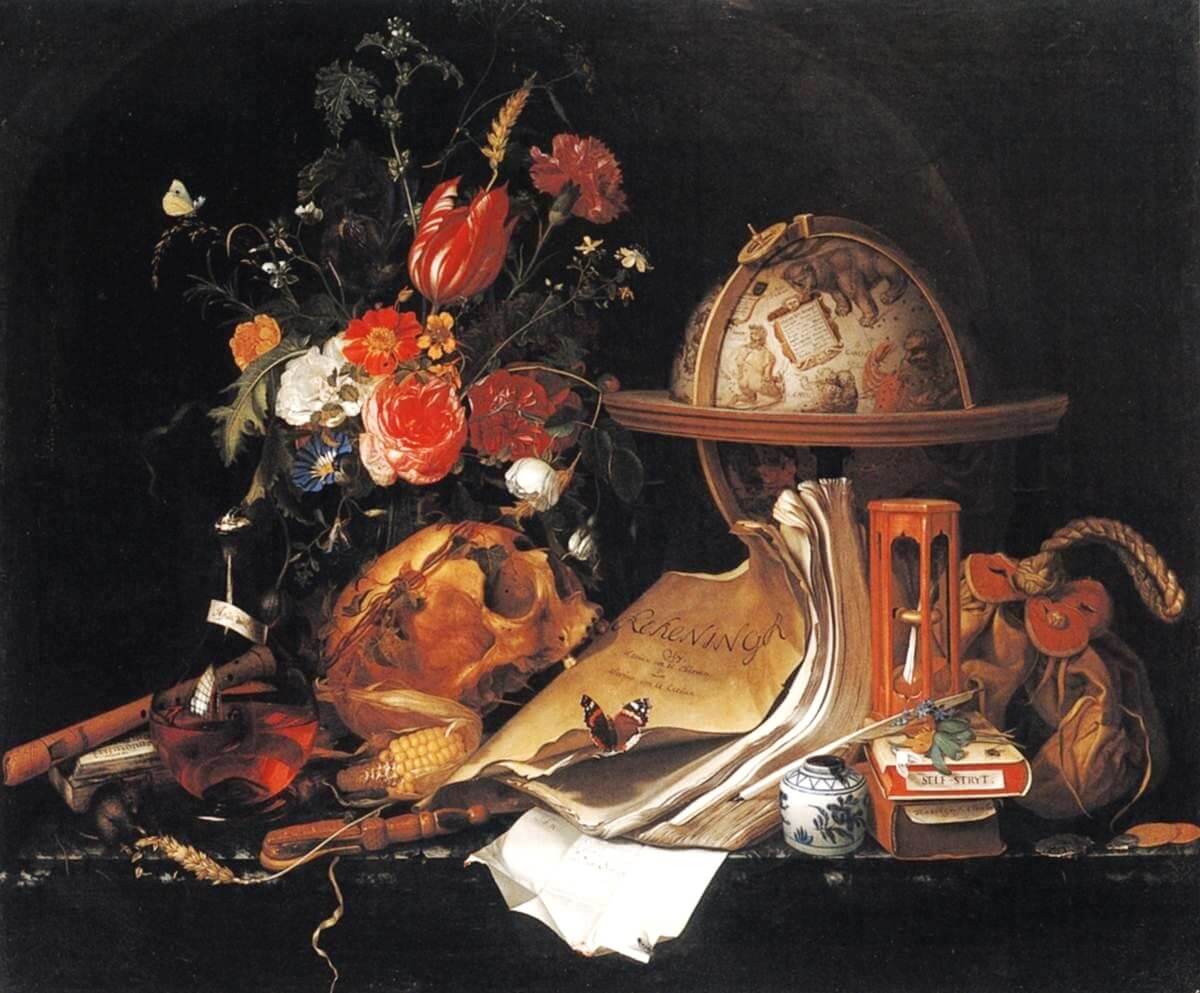
Knowing when to cut your avocado is a tricky task. One day too early and the fruit inside is too hard. One day too late, and it turns brown and mushy. Finding optimal freshness is a challenge with fruit and with life. I hate it when my strawberries get moldy or my apples get soft. I love it when flowers bloom and the fragrance fills the air.
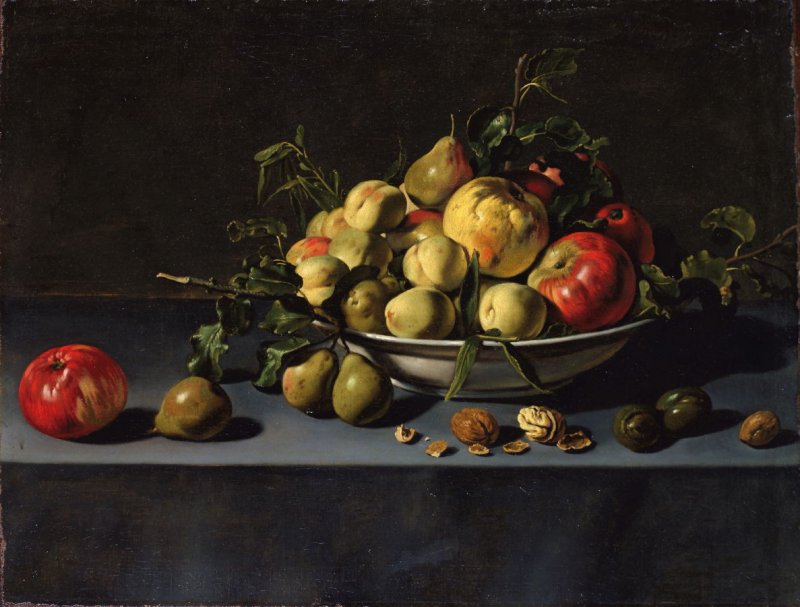
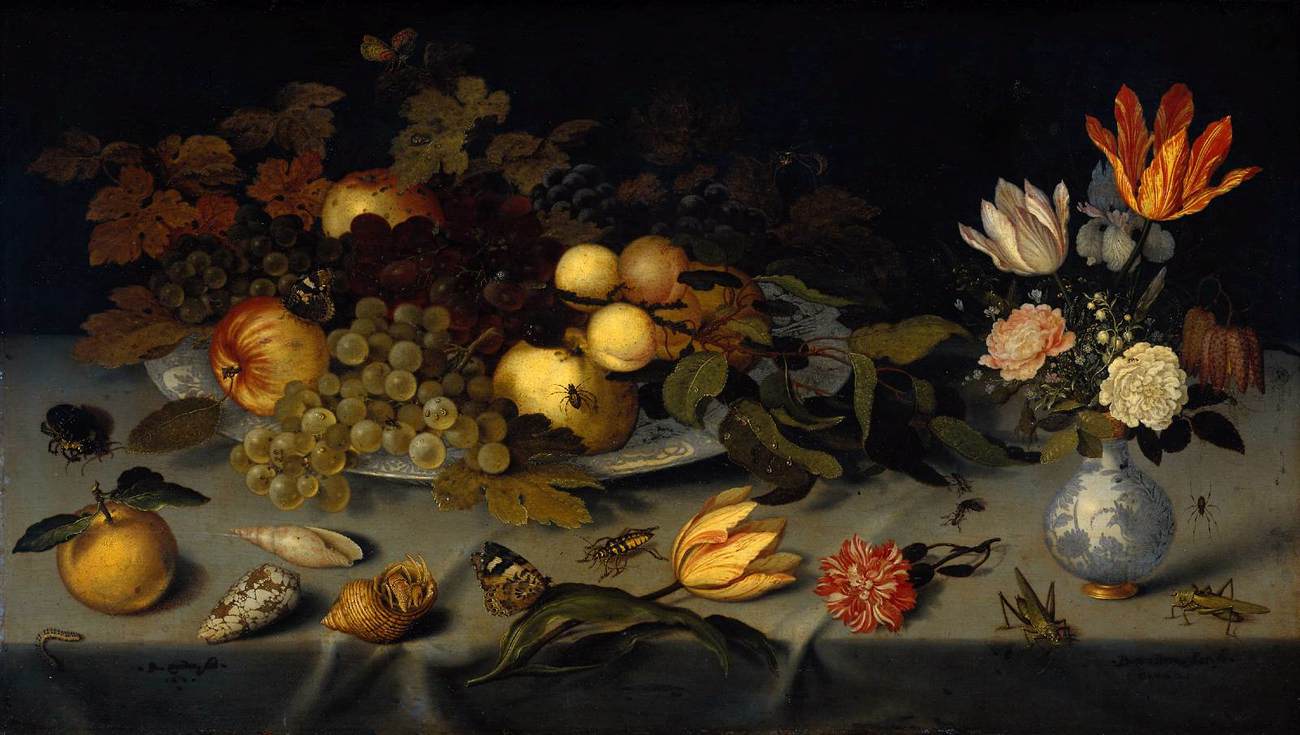
Finding freshness in life poses a different level of challenge than finding freshness in fruit and flowers. Every moment presents an opportunity to see things in an entirely new light.
My mother used to accuse me often of being too fresh, but I don’t think she meant that in a positive light.
I like to think of myself as a fairly open and mindful person. I’m an optimist and enthusiast by nature, and I make effort to stay awake as often as I can. I try to look at things in fresh ways and see beauty when it pops into my consciousness.
And yet, even with my genetic predispositions and frenetic obsessions, I often miss the fragrance of freshness.
There are many causes for missing out on positive experiences.

Routines, for example, can rob us of spontaneous behavior. It’s all too easy to lock into automatic pilot. I love my routines of reading the New York Times every morning, taking the dog for a walk, holding my grand-kids hands on the way to school, going to the gym, reading, and writing. As luxurious as these routines are, I still find myself just going through the motions at times instead of really appreciating each activity and finding the freshness in each moment.
Habits are a sub-set of routines. For example, when I read the New York Times, I go through it in the same order every day: World, US, Science, Business, Sports, and Opinion. I love to save the best for last. Habits, however, can hinder us from exploring new possibilities. We form habits to make life easier – we don’t have to think about every decision we make. We just hand the decisions over to our neural wiring. Those habits, however, can blind us to something new and unexpected unfolding in front of us.
Sometimes, things happen in life that shock us out of our routines and habits. Unexpected intruders in our life, like getting fired or being diagnosed with cancer, can shake our world to the core and make us take a fresh look at life and what it means.
In her new book, Option B, Sheryl Sandberg poignantly and eloquently describes her experience of losing her husband at a time when both of them were in their prime and on top of their respective worlds.
For Sandberg, Option B became a necessity when Option A (living the life she had been leading—happily married and on top of the world) came crashing to a halt.
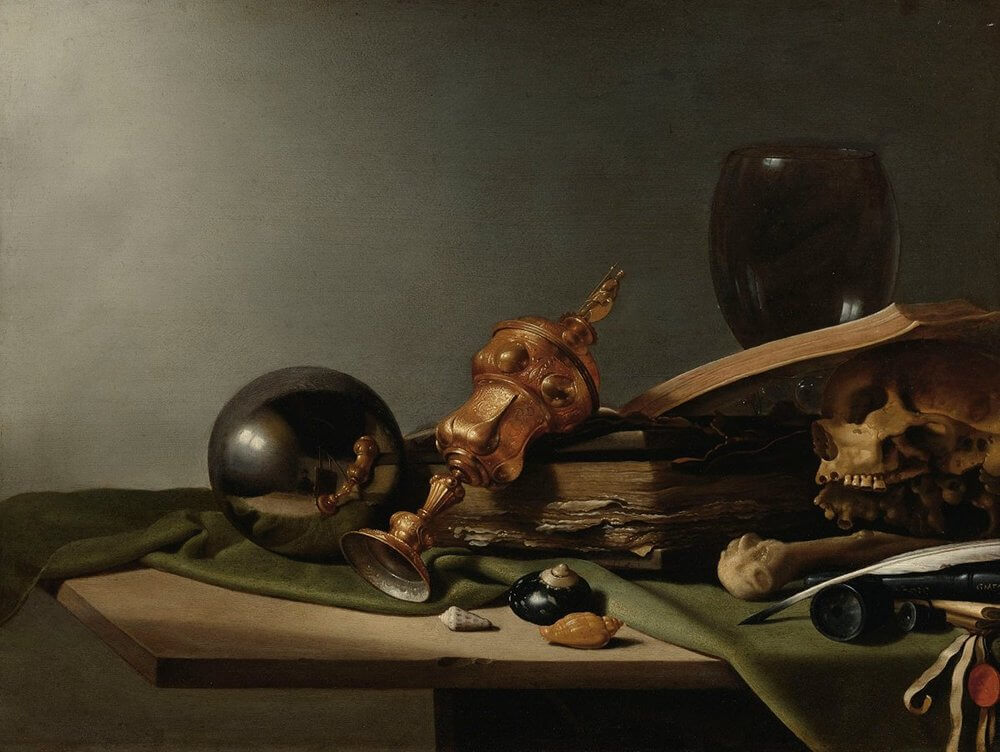
In the book, she shares openly how she is dealing with the loss, how she developed resiliency, and how she helped her children cope with the sudden and unexpected loss of their father. It is a beautifully written memoir/self-help/political advocacy book on the experience of loss and how we can help ourselves and others recover from devastating events. I highly recommend it.
Sandberg’s book helped me freshly frame my thoughts about living and dying. For me, A is Achieve, B is Believe, and C is Create. Option A means achieving your plan as you envisioned it when you were ten years old—or 20. 30, 40, 50, or yesterday. Option B is believing you can find another path when Option A turns out to be a dead end either literally or figuratively. And Option C is creating a new life by finding the freshness in each new moment.
In a previous post, I wrote about a new Emotional Operating System (EOS) I had begun to frame in which E = Expand, O = Observe, and S = Savor.
In this post, I’m going to introduce a Spiritual Operating System (SOS) to help us implement Option C. My Spiritual Operating System starts with a different word, Seek, but continues to use Observe and Savor to build out the model. It seems to me that the difference between emotional health and spiritual health can be distinguished by the difference between opening and seeking. After all, a person with Emotional Intelligence is, above all, open.
On the other hand, I believe what characterizes a person on a spiritual path is seeking.
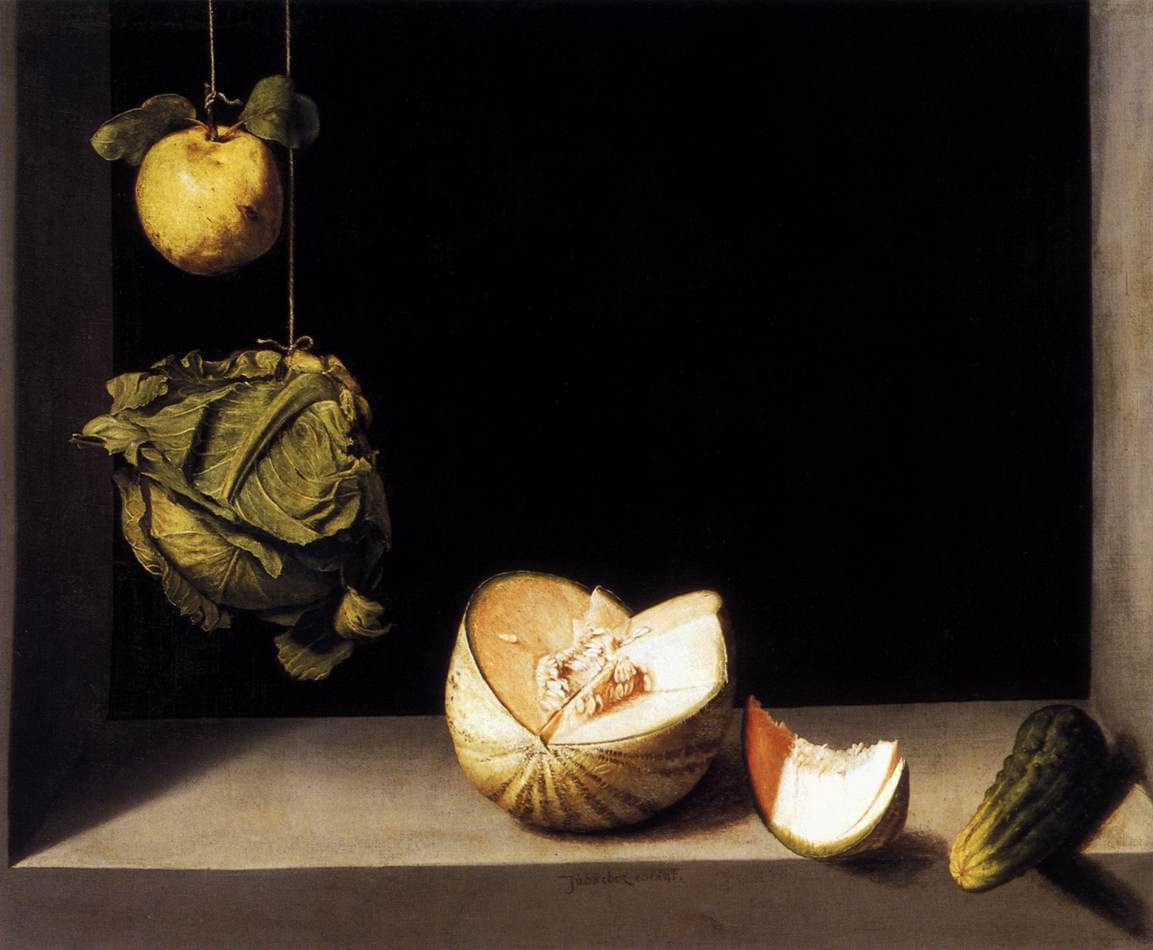
Spiritual development is essentially an SOS call for finding the strength and courage to deal with the ultimate terror of the situation (death) and to find meaning when life delivers us loss—whether that’s the inevitable decline of our capabilities, the death of a loved one, the loss of a job, etc.
Thus, in simple terms, I seek out new possibilities, I observe them carefully and sensitively when they come into my frame, and I savor the fragrance of whatever I discover. Try out this SOS call and see what happens.
In the absence of tragic events—like losing a spouse or child—that shock us out of our sleeping states, we are still vulnerable to succumbing to the insidious numbing of our daily routines and habits. Things can get stale pretty quickly if we aren’t seeking out freshness. Just look at the old strawberries in your refrigerator and you will be reminded that what looks fresh and new one day can get soft and moldy the next. Or your daily bread for that matter. Yup, there’s a double meaning there.
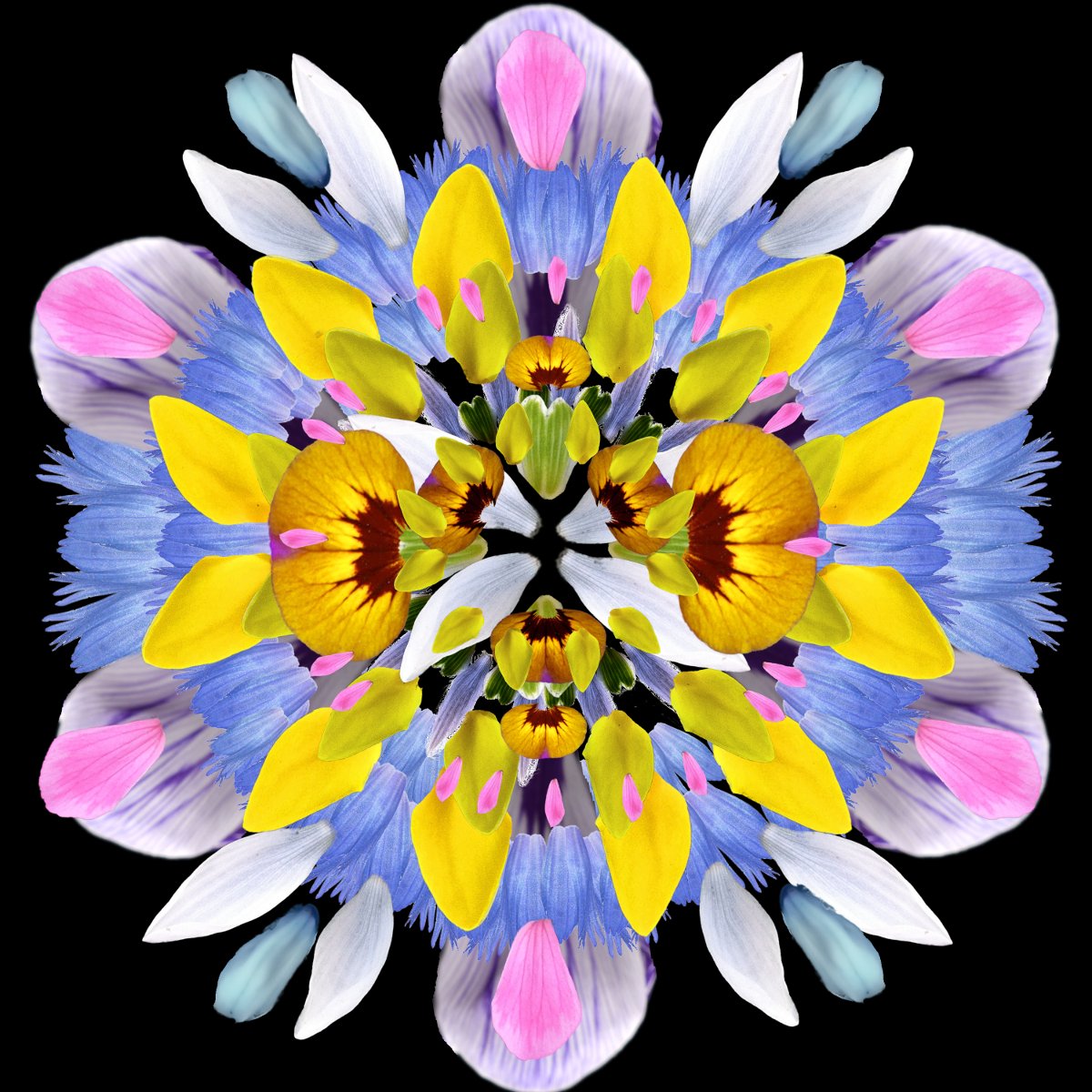 So, what’s the answer to this spiritual SOS call? For me, it’s making love with each moment. It’s entering fully into our relationships with the people we love and the projects we are passionate about. It’s seeking the new, observing what’s present, and savoring the rich flavors which emanate in their luscious ways.
So, what’s the answer to this spiritual SOS call? For me, it’s making love with each moment. It’s entering fully into our relationships with the people we love and the projects we are passionate about. It’s seeking the new, observing what’s present, and savoring the rich flavors which emanate in their luscious ways.
And yes, we need to find ways to protect the fragility of freshness. Leave the avocado pit in your guacamole a little longer. It will stay fresher. Eat your fish fresh caught from a local lake. Wrap your banana stems with some plastic wrap to keep them from turning brown. Change the water every three days in your flower vase.
You get the message. Seek newness in every moment. Observe the beauty of framing life in new, fresh, and creative ways. Savor the flavor and fragrance of freshness. Send out an SOS. But don’t get too fresh. Your mother won’t like it.
If you liked this post or any of the other articles on this blog, please share it on your Facebook page. I need your help to build a community of people who want to engage in meaningful conversations about substantive issues.
Also published on Medium.
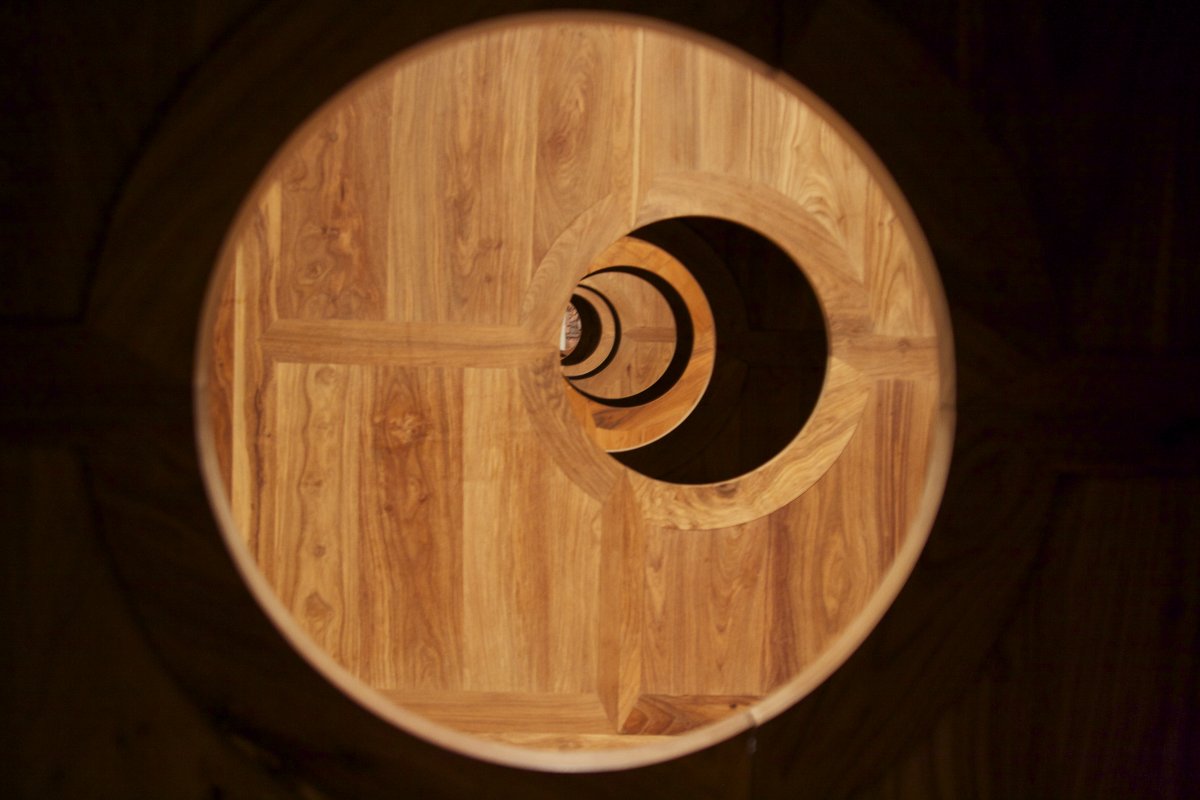
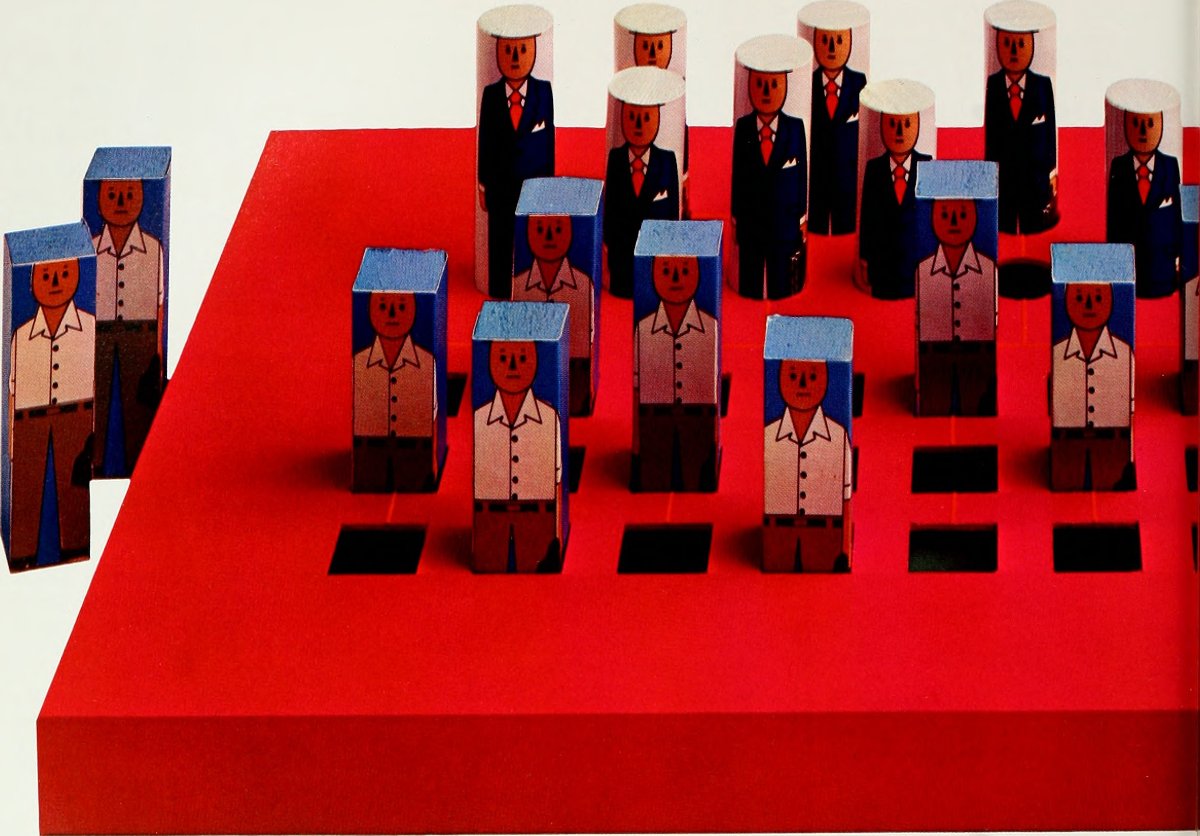

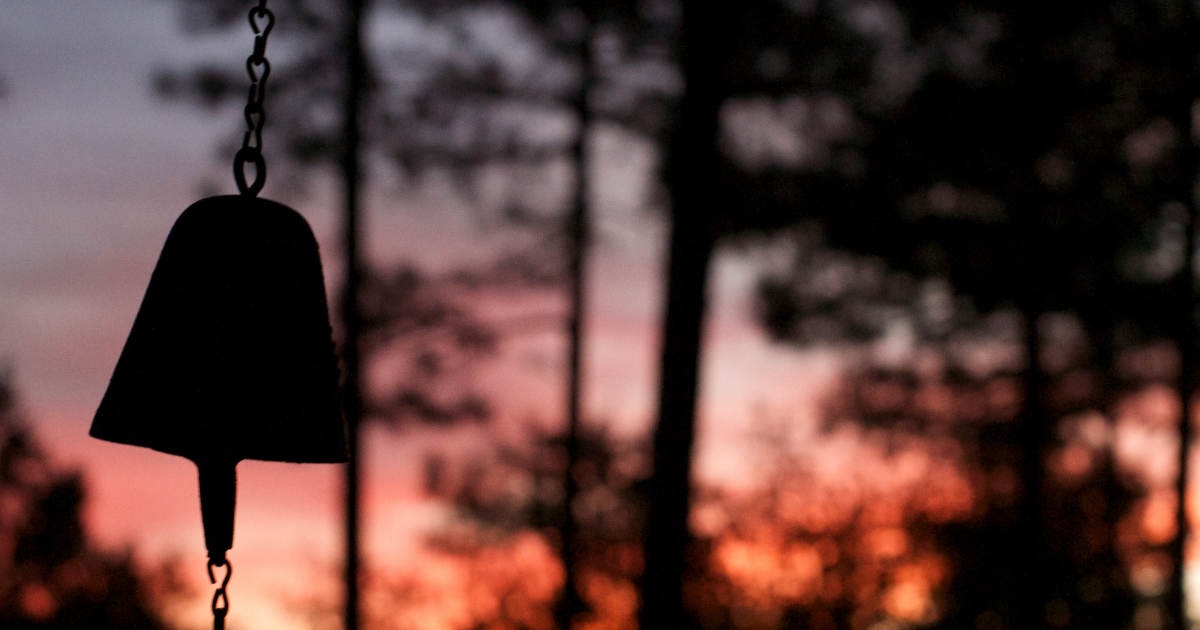
Thanks as always Ricky! You’re the best! Leaving Marco as we speak-talk soon! RonnyDonny
Lovely post Rick. Today I am going to consciously slow down to make space for expanding, seeking, observing, and savoring. It’s a much better journey than when narrowly, rushing by, ignoring and missing. Thanks for the wonderful reminder to stay awake for as many moments as possible!
Thanks Dottie. EOS and SOS – two operating systems that require as much maintenance as the information technologies that dominates our lives. I keep looking for ways to improve our human capabilities. I’m glad you like the posts.
All I can say is thank you for taking the time and thought to write this. You are right on point, Rick.